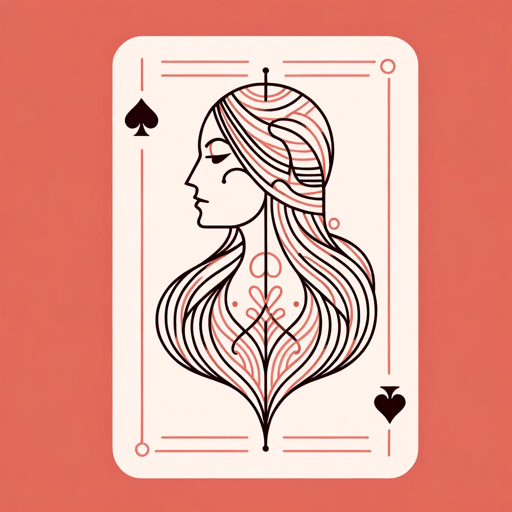25 pages • 50 minutes read
Alexander PushkinThe Queen Of Spades
Fiction | Short Story | Adult | Published in 1834A modern alternative to SparkNotes and CliffsNotes, SuperSummary offers high-quality Study Guides with detailed chapter summaries and analysis of major themes, characters, and more.
Story Analysis
Analysis: “The Queen of Spades”
“The Queen of Spades” is a short story with a strong moral message. The rise and fall of the protagonist Hermann cautions readers about the perils of greed and the importance of self-restraint. Hermann is well aware of his character. As the narrator explains, he is a natural gambler but, because he is not a wealthy man, Hermann must moderate his impulses. He refuses to indulge in morally questionable activities and saves his money as he hopes to climb the social ladder. By denying his instincts, Hermann exhibits a form of self-restraint that the story frames as commendable. Hermann may never achieve the riches of his friends, but the money he does accumulate will be honorable. Gambling, however, is not honorable as it combines hedonism with greed. In “The Queen of Spades,” gamblers are punished and those who can exercise self-restraint are rewarded.
Hermann’s fall from grace is understandable. He is not a wealthy man, but he is surrounded by aristocrats. He sees men like Tomsky indulge every whim, gambling huge amounts on meaningless card games without any consequence. Hermann had the misfortune of being born to a family of modest means. The more time he spends with people like Tomsky, the more he covets their wealth and good fortune.
Related Titles
By Alexander Pushkin





